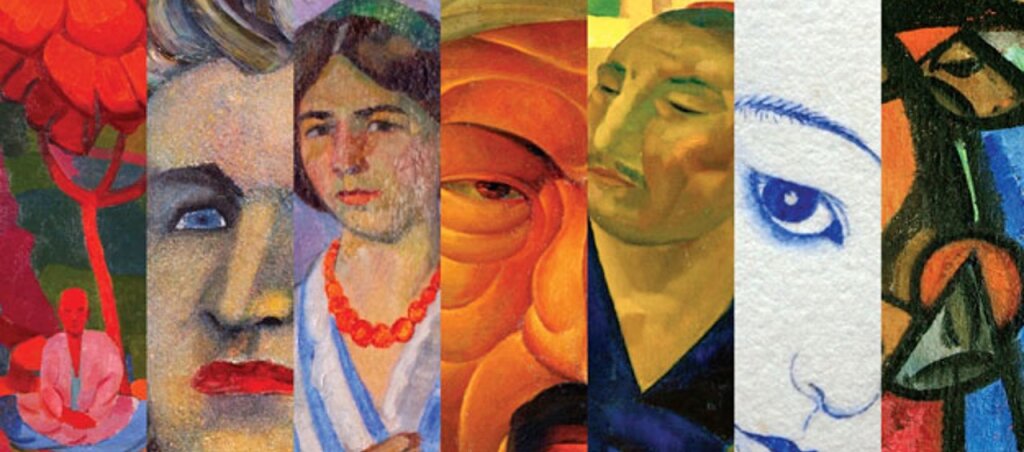Locked in by two deserts, Nukus became the capital city of the Karakalpak ASSR in 1932. It was here in Nukus in 1966 that Igor Savitsky created his unique museum of Karakalpak applied folk art and works of the Russian and Soviet avant-garde (said to be the second largest collection of Russian modernist art in the world). He also managed to secure state funding for it.
An artist, ethnographer, and art collector, although Savitsky (1915–1984) was born in Kyiv, raised and educated in Moscow, and then spent more than 30 years of his life in the Karakalpak ASSR – a paradigmatic back of beyond of the Soviet “empire”. How can Savitsky’s peculiar life trajectory be explained, and what motivated him? How did this unorthodox museum become possible given the ban on avant-garde art? How could an individual create a new state museum on a whim? The very composition of the museum’s collection, which embraces seemingly incompatible Russian modernist paintings and “Oriental” and “primitive” Karakalpak artifacts, raises doubts about the intentionality of this unusual combination.
This chapter intends to provide answers to the above questions and demonstrate how Savitsky – the trickster-like traverser of geographical and administrative borders, successfully manipulated “gray zones” of the structurally hierarchical Soviet space. Eventually, he was able to create a unique cultural center literally in a remote desert. His imagined “center” brought together two otherwise completely isolated types of cultural production: the then formally banned Russian modernist and avant-garde art and the nomadic ethnography of a small Karakalpak nation, competing for recognition as a national Soviet republic in the Soviet system.
Part of this research along with a set of primary documents have been recently published in Ab Imperio quarterly.
Zukhra Kasimova holds an MA in Comparative History from Central European University in Budapest, Hungary. Currently, she is a PhD candidate in the History Department at the University of Illinois at Chicago. The tentative title of her dissertation is “A Hybrid Modernity: Forging Soviet Uzbekistan, 1941– 1980”. In her dissertation, Kasimova argues that Soviet modernity was essentially a hybrid concept. Within this framework, Central Asia as a region ceases being a periphery of the Soviet world and becomes central for understanding processes of hybridization of Soviet modernity. Kasimova’s project is aimed at decentering Eurocentric narratives of modernity. Her Soviet modernity is multi-lingual; it allows a place for the persistence of Islam in the region (as both religion and cultural text); and it implies active role of local elites in [re]shaping messages and policies of the center and directly influencing them. The project also explores the heterogeneous nature of the Central Asian region itself, highlighting its internal social, gender and national stratifications and conflicts that defying any binary explanations and oppositions. By focusing on specific cases of human and institutional contacts, interactions and competitions, Kasimova plans to show how the post-WWII global reshaping of Uzbekistan as a Soviet national republic produced spaces of relative freedom that allowed imagining and exercising modernity in terms contradictory to official Soviet politics and discourses. On the other hand, Kasimova claims that the hybrid Uzbek modernity decisively influenced the normative Soviet project – by carving in it a place for “Muslim” cultural identification, a concept of national science, toleration of “national” traditionalism (as, for example, exemplified by extended Uzbek families that adopted evacuated children from “European” Russia and made them linguistically and culturally Uzbek), and so on.
Watch the event recording on YouTube here.
Read the event recap here.

